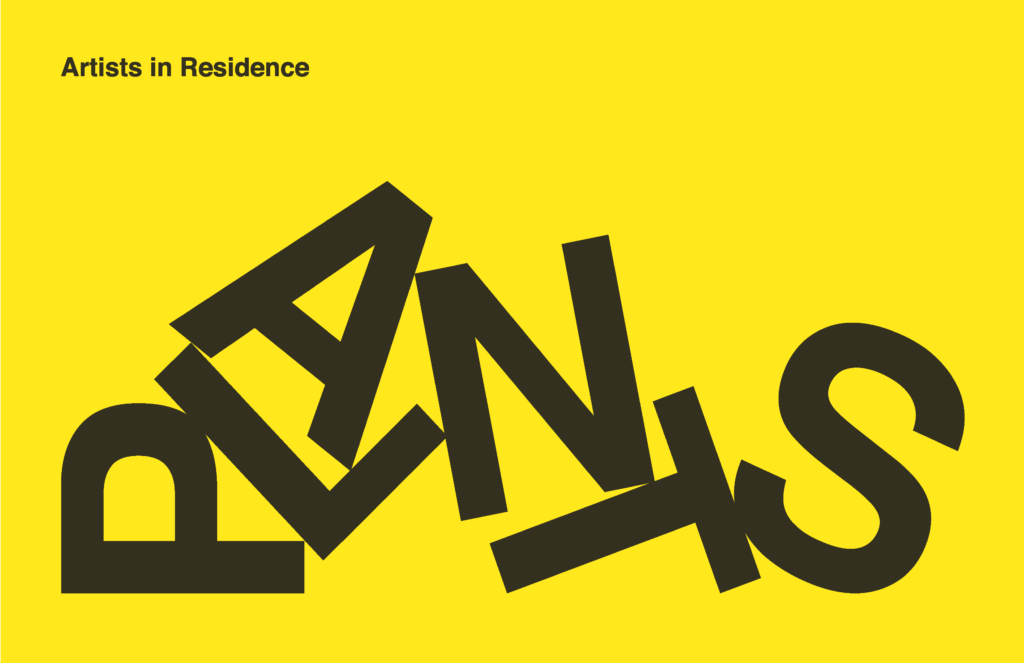‘Plants AiR’ programme of the ‘Novi Sad 2021’ Foundation (Novi Sad, Serbia), in cooperation with the ‘Verartis Nonprofit Ltd.’ (Pécs, Hungary) and ‘EU-Japan Fest’ (Tokyo, Japan), launches
AN OPEN CALL FOR A WRITER FROM JAPAN
‘Novi Sad 2021 – European Capital of Culture’ Foundation and ‘Verartis Nonprofit Ltd.’ (from Pécs – European Capital of Culture for 2010) are seeking a writer interested in spending two weeks in Novi Sad and two weeks in Pécs in the period 1-30. November, during which he or she can work on their own work and on:
1) in Novi Sad: a short literary piece that would express their impression on Novi Sad, people, cityscape, landscape, way of life, rhythm, as well as ideas of contemporary and (post)modern. The form of this literary piece is free – it can be a story, a poem, an essay, a contemplation piece, even a short play if the resident is feeling ambitious. This literary piece doesn’t have to be finished within the residence, but we expect it within three months after the end of the residence. This literary piece will be published in 2021, within a collection of works from writers in residence.
2) in Pécs: an entry into ‘Pécs Diary’, in which all previous writers-in-residence of the Pécs Writers Programme have left their mark.
In addition, we would like to connect the resident with the local literary and artistic scenes.
The selected candidate will have the following covered:
1) travel costs;
2) accommodation in the flat in the centre of Novi Sad;
3) per diem costs in Novi Sad in the total amount of EUR 300;
4) accommodation in the flat in the centre of Pécs;
5) per diem costs in Pécs in the total amount of EUR 300;
6) transport between the cities (via Budapest).
CONTEXT FOR NOVI SAD
Novi Sad has been historically perceived as the centre of Serbian culture. With the nearby town of Sremski Karlovci, it played an important role during the 18th and 19th centuries in preserving Serbian culture and defining it. This role was so prominent, that it was nicknamed ‘Serbian Athens’.
In the 1960s and 1970s, it was a scene for the neo-avant-garde and punk/rock artists who experimented with new forms.
During the turbulent end of 20th century, as a result of Yugoslav wars and NATO bombing, Novi Sad lost its bridges across Danube, and became home for numerous refugees from Croatia and Bosnia. Its cityscape and demographics permanently changed.
Fast-forwarding to the second decade of 21st century, Novi Sad is a European Youth Capital for 2019 and European Capital of Culture for 2021. Bridges across Danube have been rebuilt, but we still strive to rebuild cultural bridges to Europe and world, and to tell new stories about Novi Sad. We would like our writers in residence to help us develop these new stories!
CONTEXT FOR PÉCS
Pécs is the fifth largest city of Hungary, located on the slopes of the Mecsek mountains in the south-west of the country, close to its border with Croatia.
The city Sopianae was founded by Romans at the beginning of the 2nd century, in an area peopled by Celts and Pannoni tribes. By the 4th century, it became the capital of Valeria province and a significant early Christian centre. The early Christian necropolis from that era became a UNESCO World Heritage Site in December 2000.
Pécs has a rich heritage from the age of a 150-year-long Ottoman occupation, like the mosque of Pasha Qasim the Victorious on Széchenyi square.
It was historically a multi-ethnic city where many cultural layers were encrusted melting different values of the history of two thousand years. In 1998 Pécs was given the UNESCO prize Cities for peace for maintaining the cultures of the minorities, and also for its tolerant and helping attitude toward refugees of the Yugoslav Wars.
In 2010, Pécs was selected to be the European Capital of Culture sharing the title together with Essen and Istanbul. The city’s motto is: „The Borderless City“. The title triggered major renovations including public places, streets, squares and neighbourhoods, new cultural centres, a concert hall, a new library and centre and a cultural quarter.
Pécs Writers Programme was established in 2007. The resident writers have a special ‘homework’ – to write a Pécs Diary. In this blog (which is available online: https://pecswritersprogram.blog.hu/) you can find both the originals and the Hungarian versions of entries so far.
REQUIREMENTS
Candidate must:
– be a writer resident in Japan (any nationality) and Japanese writer living in Europe;
– send a short biography up to 4 pages stating professional accomplishments and published works;
– send an accompanying letter (between 250 and 350 words) explaining your motivation for applying for this residence programme;
– be ready to explore local communities and local artistic scene;
– have a good command of English language;
– writers that translated their works into English and/or Serbian and or Hungarian will have advantage.
Applications (short biography and accompanying letter) should be sent to plantsair@ns2021.rs no later than 16 August at midnight Central European Time.
For more information about the open call, write to plantsair@ns2021.rs.



